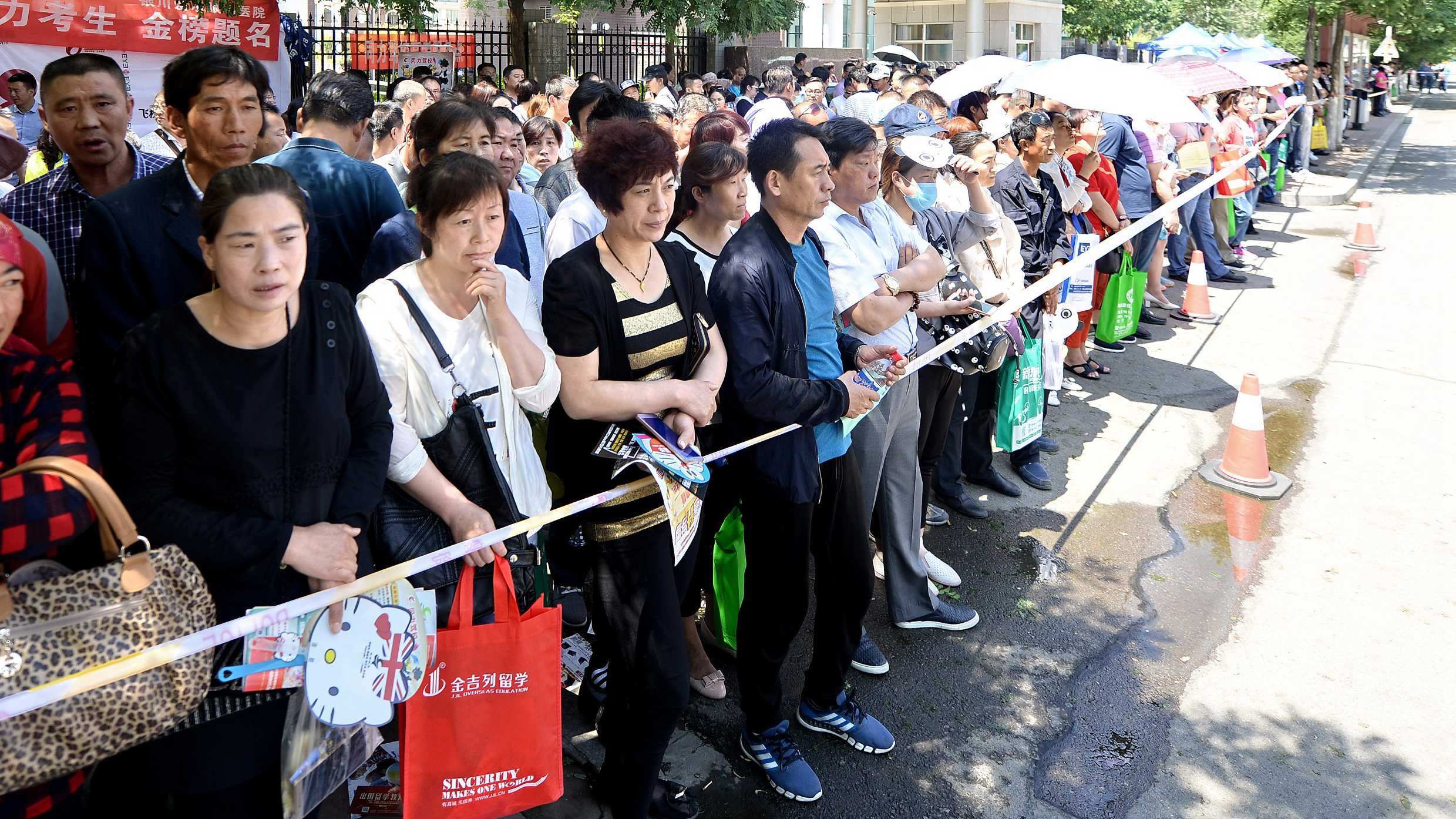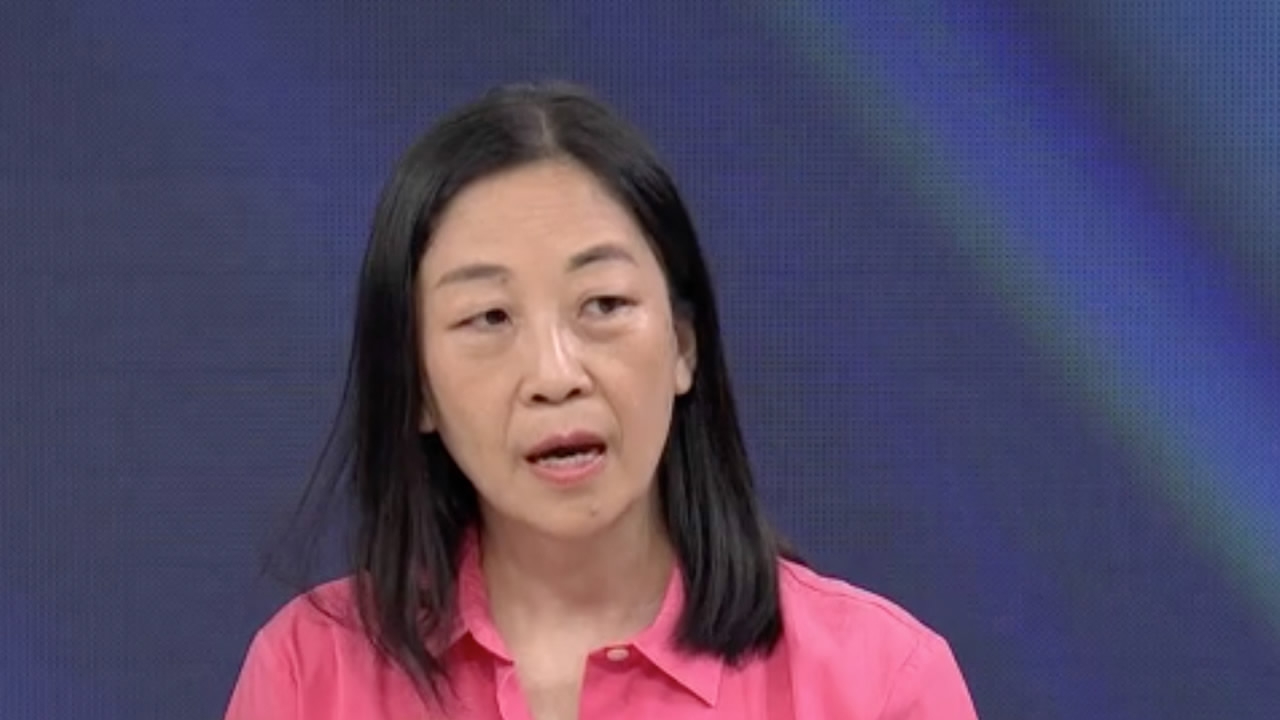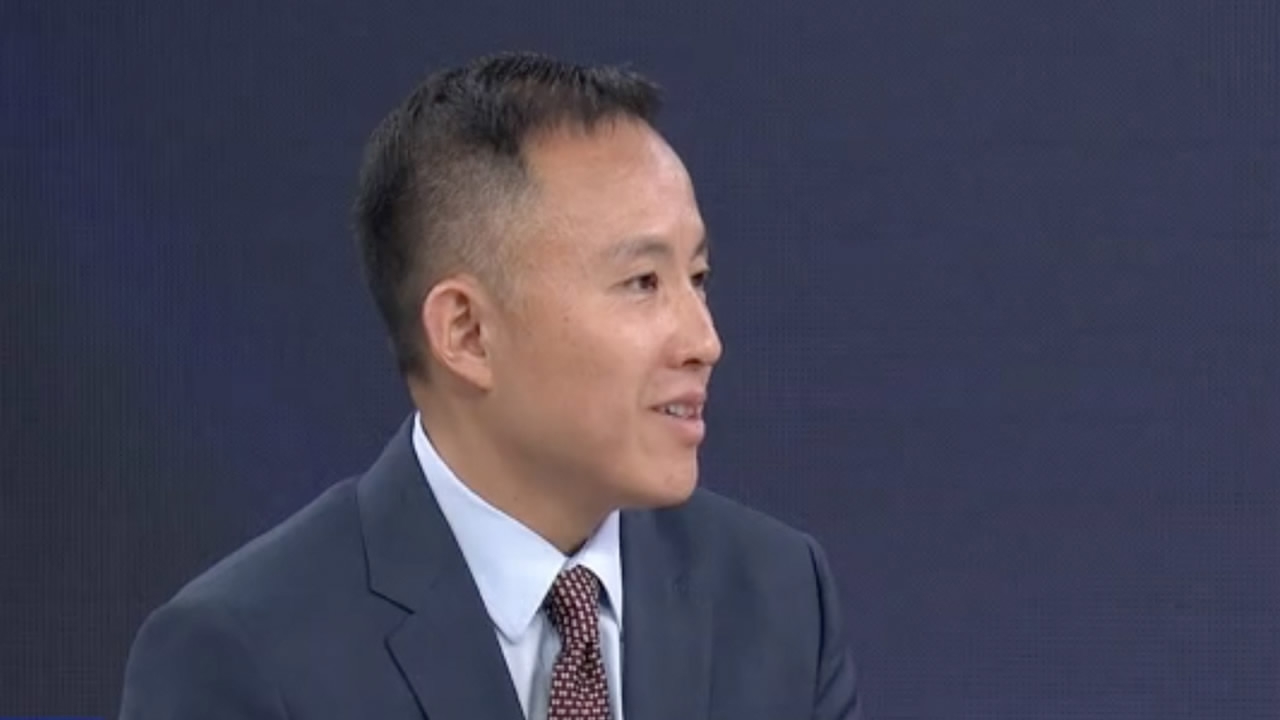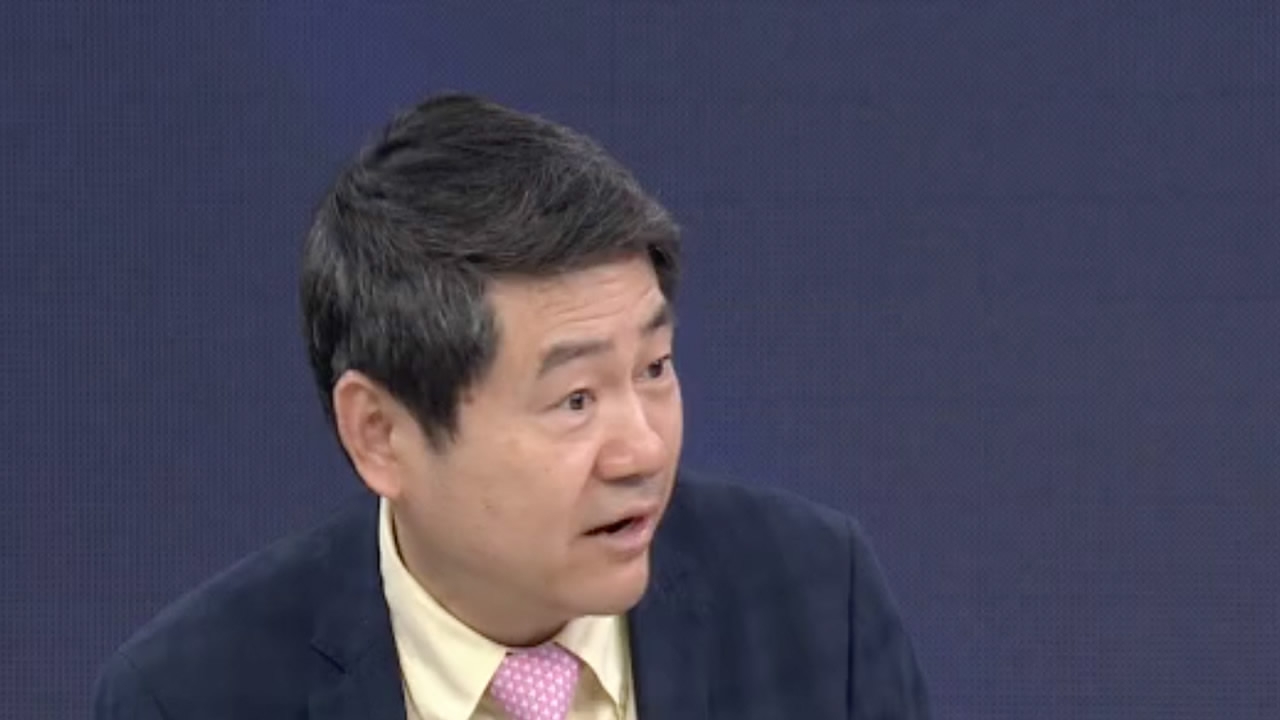
China
20:46, 12-Jun-2017
40 years after Gaokao’s return: Retrospect and prospect of China's higher education

By CGTN’s Zhou Yu
Gaokao, China’s national college entrance exam, was reinstated in 1977. With 9.4 million Chinese students taking the test this year, 2017 marks the 40th anniversary of its reintroduction to the country’s educational system.
When talking about Gaokao, Li Jinzhao from Beijing Foreign Studies University said the examination essentially represented “the normalization of higher education, which entails, first, the recruitment of students through this nationwide standard exam and, secondly the expansion of all colleges.”

Gaokao fulfills Chinese students’ increasing desire to learn in particular, Li said, noting that a handful of new colleges were established along with Gaokao’s reinstatement. “Without Gaokao, it is impossible to accommodate this high demand.”
Moreover, Gaokao “plays a very important role of ideological revolution in China.” In Li's opinion, higher education has three major functions, namely to promote social change, to install social norms as well as to maintain social order, and to bestow social status.

He Jing, from AnJie Law Firm said that Gaokao brings "the merit-based system back to China,” which means promoting and hiring people based on their ability to perform a job, rather than on social connections.
But things are changing nowadays. “Now success requires more,” said He, “People switch to business schools to learn finance and law and art and designs at present.”

Gaokao and China’s opening-up policy are complementary.
According to Wang Huiyao, president of the Center for China and Globalization, the college entrance examination actually laid the foundation for China’s globalization and also trained 100 million college students.
But at present, Gaokao is facing mounting calls for reform. Wang said that currently, the chance for rural kids to pursue higher education is being diminished and noted that the education system needs to be reformed quickly.
Wang said Chinese universities should try their best to go global. More and more international collaborations are expected in China, which are conductive to the further enlightenment and emancipation of the minds of young Chinese.

SITEMAP
Copyright © 2018 CGTN. Beijing ICP prepared NO.16065310-3
Copyright © 2018 CGTN. Beijing ICP prepared NO.16065310-3